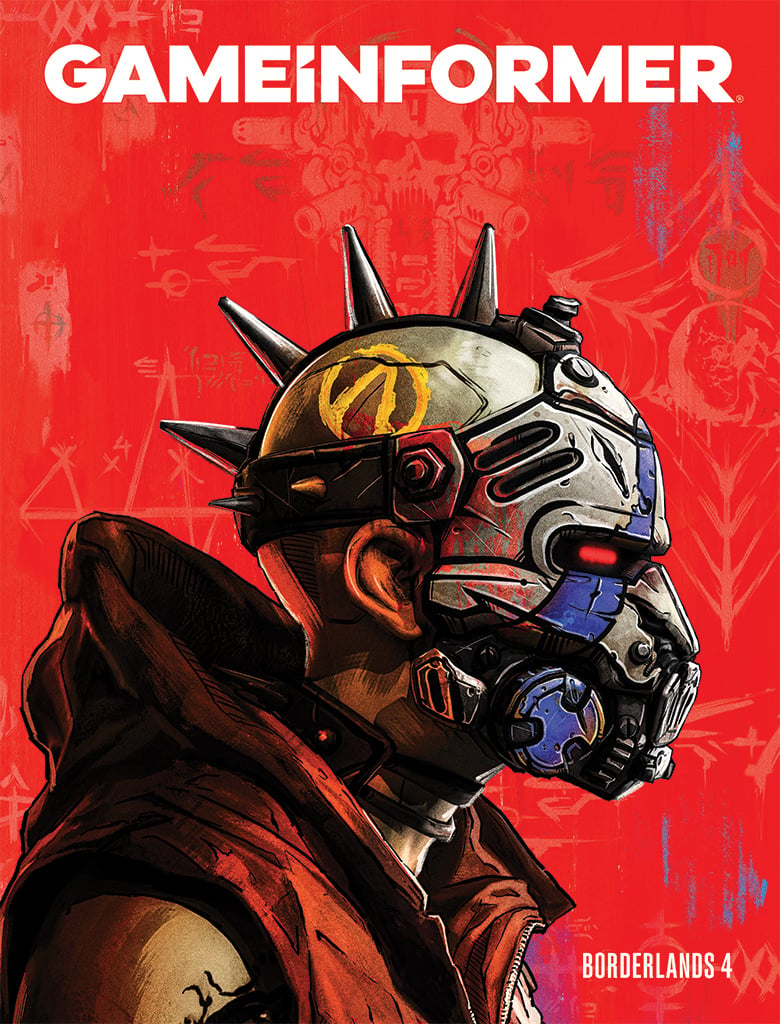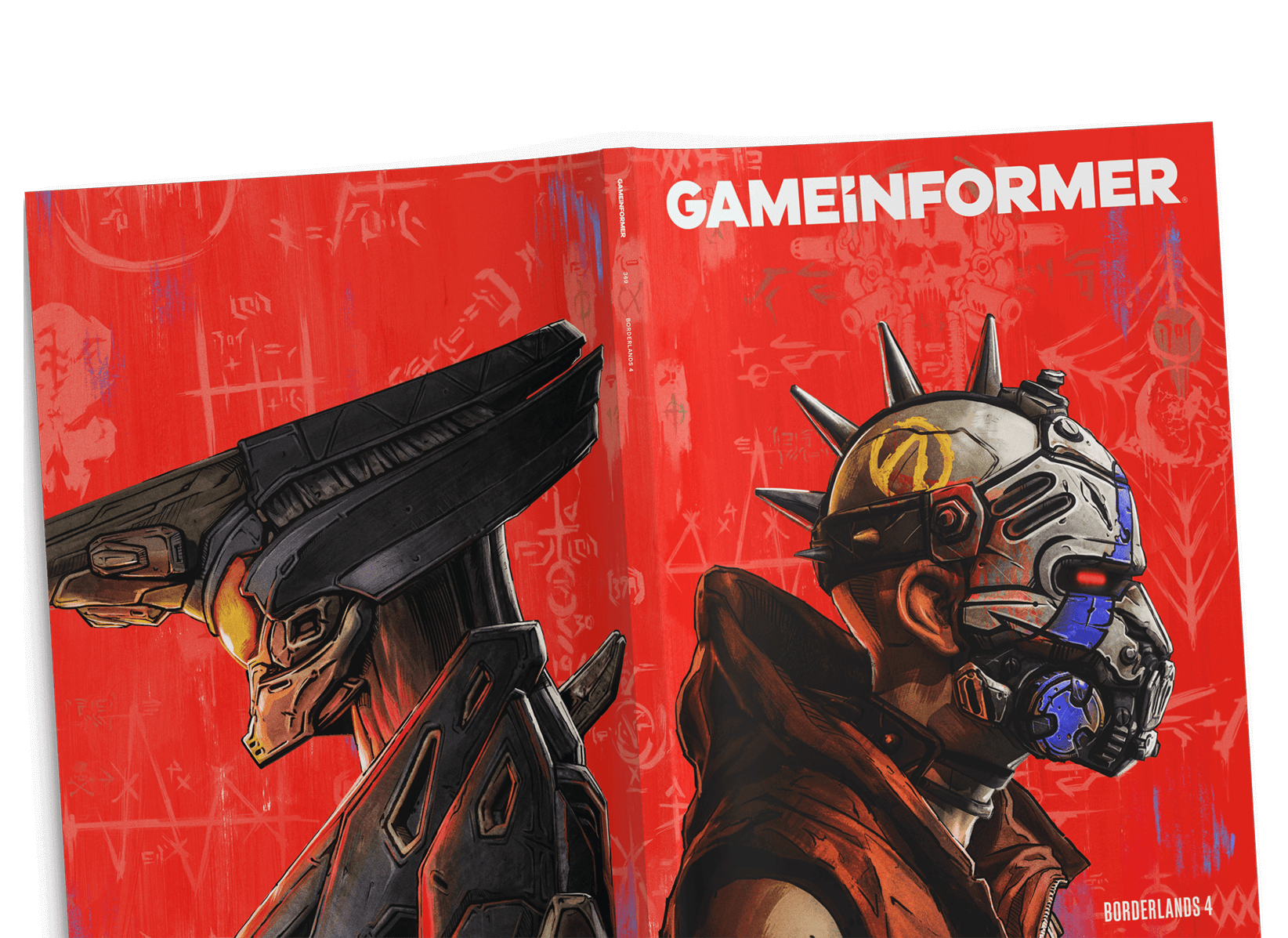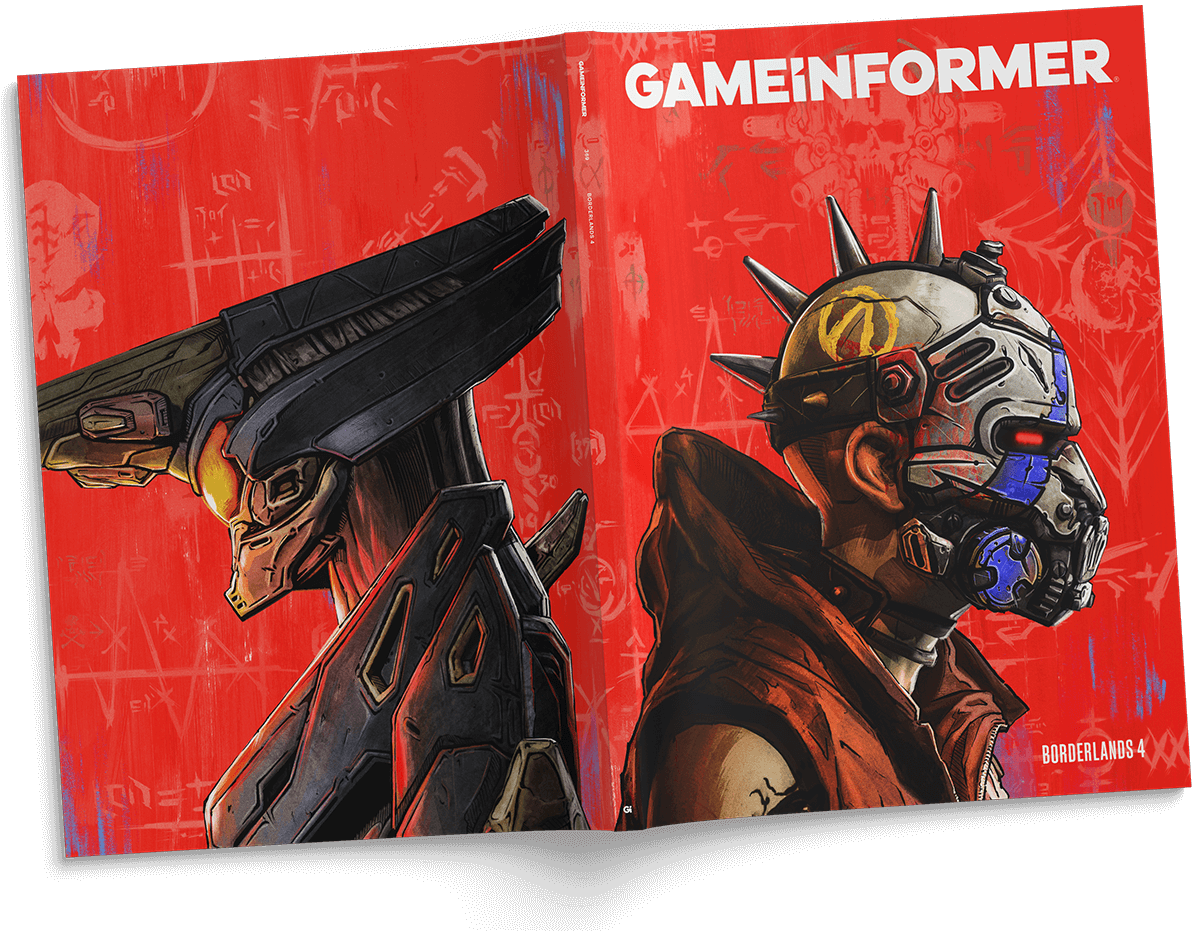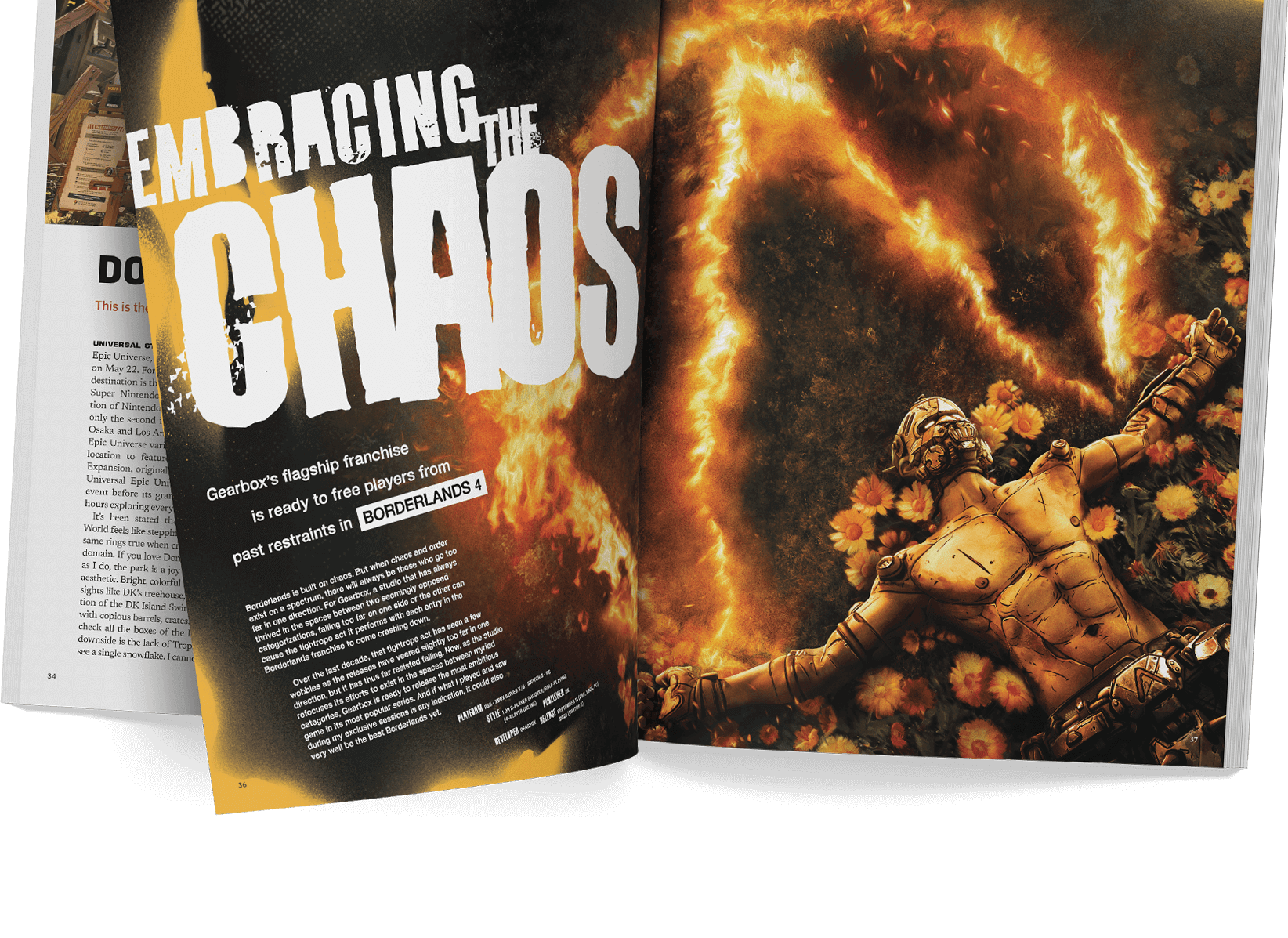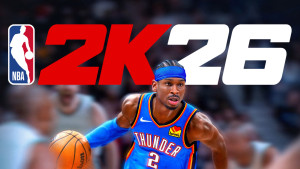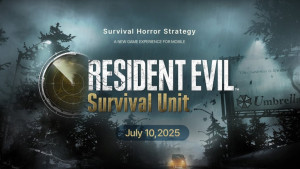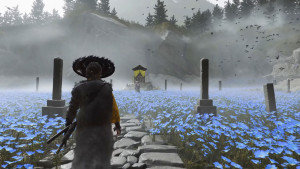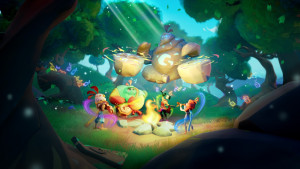Be the first to get Game Informer’s August Issue! Subscribe Now
Keep Your Eyes Open: Sleep Deprivation And Gaming

Every dedicated gamer has a story about pulling an all-nighter. “I went to a midnight launch and played the game until the sun came up.” “I started playing some multiplayer, and before I knew it, it was time for work the next day.” “I was trying to break a world record.” Whatever shape your story takes, the sleep deprivation probably meant you were tired the following day. However, all-night gaming marathons could have unexpected effects beyond feeling sleepy.
We talked to Dr. Michel Cramer Bornemann, an expert in the field of sleep study and lead investigator at Sleep Forensics Associates (and a gamer himself), about some of the considerations gamers should take into account when they’re planning to stay up playing until the wee hours of the morning.
You Probably Need More Sleep Than You Think
We’ve all heard someone boast about how they only need a few hours of sleep each night. While that might be true in some cases, it isn’t a widespread condition. “Those people are probably fooling themselves,” says Cramer Bornemann. “If you look at it, the statistics reveal that people who truly have that is exceedingly rare. Those people, though they’re surviving, are probably operating at a pretty significant sleep deficit, and are probably vulnerable to the effects of chronic sleep deprivation.” Most adults have a sleep requirement of 7.5 to 8 hours each night (or about 9 hours for adolescents).
Don’t Game And Drive
Many people think that a sleepless night won’t affect them unless they are doing something boring. In other words, they think that if you’re driving a car or doing something that requires your active participation, you won’t feel tired. Unfortunately, that is a misconception.
“There are times when we’re acutely sleep deprived when we’re going to be overcome with intrusion of sleep that could perhaps last one to five seconds,” says Cramer Bornemann. “If you’re in a boardroom meeting listening to some PowerPoint or Keynote, that may not have significant consequences. But if you’re driving an automobile, a 3-5 second microsleep, driving at 55 or 65 miles per hour, is the equivalent of driving the length of a football field. So, that has potential significant personal and public safety ramifications.”
How bad does your driving get? “There was a study that was done about 10 years ago,” explains Cramer Bornemann. “What they did is they took individuals and sleep deprived them for an entire night. Then they put them on a closed-course track with pylons on it. They also had a separate group of individuals drink alcohol to the point of legal intoxication. Then they compared the results of the two groups. What they found, surprisingly, was that individuals who pulled the all-nighter actually performed worse than the individuals that were legally intoxicated at .08 [blood alcohol content].”
In other words, sleep doesn’t only affect you in dull situations. Even when you’re actively engaged in something, your abilities to respond and react are significantly worse.
Don’t Fall Asleep On The Couch
When you’ve decided to cash it in for the night, your bed may seem like a
long way away – especially when you’re already on a comfy couch.
However, it’s worth the effort to get off your butt and make the trek to
the next room. Also, turn off the TV before you go. “We would call that
poor sleep hygiene,” says Cramer Bornemann. “In general, we would
recommend that individuals obtain sleep in their bedroom under the
appropriate conditions: appropriate temperature at about 68-70 degrees,
appropriate dark environment, appropriate noise levels.”
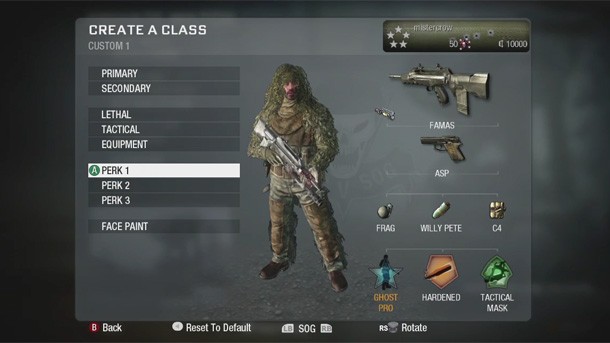
Diminishing Returns
If you’re staying up late playing an online shooter like Call of Duty, at some point you’re going to notice a decline in your skill. This has been studied on firing ranges, where sleep deprived subjects would have to distinguish between (and shoot at) enemy or friendly targets. “What they notice with sleep deprivation is that there are two types of errors. One is an error of omission, which is lack of response to an enemy target. The other is an error commission, meaning you’re going to fire at the friendly target. With sleep deprivation, we know that there are increases in errors of omission and commission.”
Is there a set point where you’re going to be under-performing so badly that you should just cut your losses and stop playing? Not really. “Though you can understand it from a population perspective, ultimately there’s a lot of operator dependency,” says Cramer Bornemann. “There are some people who tend to do quite well, and other people don’t.” However, at a certain point, it doesn’t matter who you are; it’s all just going to fall apart.
Caffeine Isn’t That Helpful
Whether you’re using it to stay awake while you’re playing or during the day after an all-nighter, that caffeine-laced product you’re about to ingest may not be a great idea. “A lot of gamers use energy drinks and caffeine,” says Cramer Bornemann. “There’s clearly a caffeine culture associated with gaming. One of the things we have to keep in mind is that there is the potential for caffeine toxicity. I’m not so concerned about the energy drinks…I’m more concerned about caffeine pills.” In other words, it is possible to have toxic levels of caffeine in your system, which can cause symptoms like irregular heartbeat and fluid in the lungs.
The other point to consider with caffeine is that it doesn’t actually replace the need for sleep. It may make you feel more alert and awake for a period, but it isn’t a good solution. “We need 7.5 to 8 hours of sleep and we can’t deviate from it,” says Cramer Bornemann. “Caffeine is not going to replace that need for sleep. If you take prescription stimulant medications, it’s not going to replace the need for sleep, and the body is somehow going to find a way to get that.”
The Bottom Line: Gaming All Night Is Fine Sometimes
Apart from the normal results of a night without sleeping (and the diminished functionality the day after), you shouldn’t worry about spending the occasional night with your favorite games. “Doing that on occasion – you shouldn’t have any reservations,” says Cramer Bornemann. “I think when that becomes part of a regular behavioral pattern, that runs interference to your regular sleep pattern, and then you’re going to introduce the problem of eroding a normal nocturnal sleep pattern and run into the problems of conditioned insomnia.” So, go ahead and stay up all night playing your favorite game! Just don’t do it every night, and be sure you catch up on the sleep you missed.
Check back every day this week for new stories spotlighting health issues in gaming. Here are the collected links for all of the stories so far.
Monday: Keep Your Eyes Open: Sleep Deprivation And Gaming
